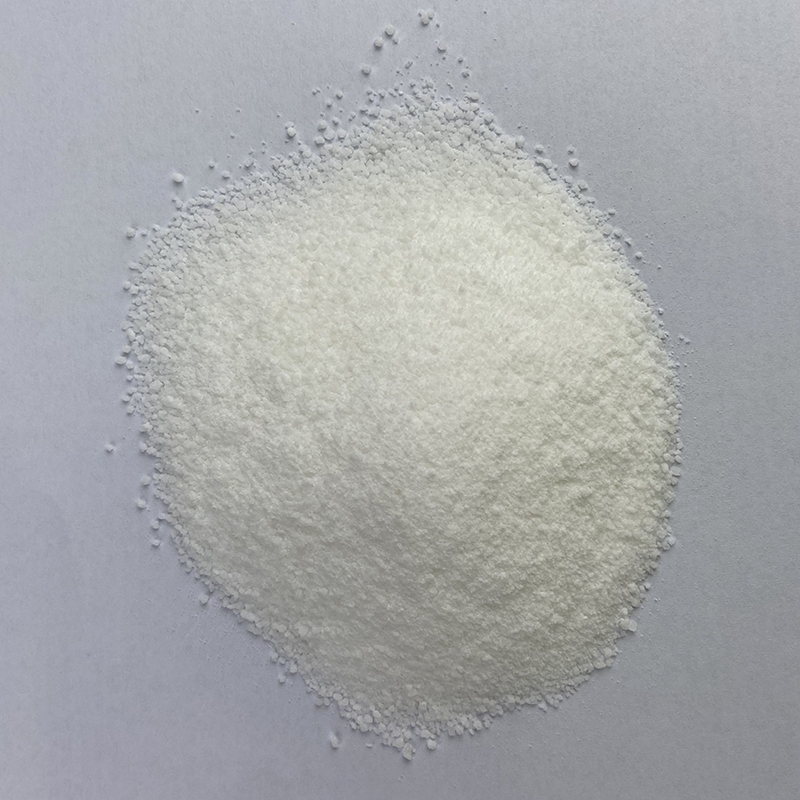-
Categories
-
Pharmaceutical Intermediates
-
Active Pharmaceutical Ingredients
-
Food Additives
- Industrial Coatings
- Agrochemicals
- Dyes and Pigments
- Surfactant
- Flavors and Fragrances
- Chemical Reagents
- Catalyst and Auxiliary
- Natural Products
- Inorganic Chemistry
-
Organic Chemistry
-
Biochemical Engineering
- Analytical Chemistry
- Cosmetic Ingredient
-
Pharmaceutical Intermediates
Promotion
ECHEMI Mall
Wholesale
Weekly Price
Exhibition
News
-
Trade Service
Sodium-glucose cotransporter-2 (SGLT-2) inhibitors are a class of antihyperglycemic drugs used in the management of type 2 diabetes .
They work by changing the physiology of the kidneys .
However, there are case reports showing that the use of SGLT-2 inhibitors is associated with an increased risk of acute kidney injury (AKI), and multiple regulatory agencies have issued a series of safety warnings .
This study aims to provide evidence for the renal effectiveness and safety of SGLT-2 inhibitors in patients with type 2 diabetes .
.
This study aims to provide evidence for the renal effectiveness and safety of SGLT-2 inhibitors in patients with type 2 diabetes
Metformin
The outcome is the progression of renal disease, defined as a combination of new onset of massive albuminuria, doubling of serum creatinine, glomerular filtration rate ≤45 mL/min/1.
73 m2, renal replacement therapy, hospital admission, or death due to kidney causes
Research data showed that of the 29465 patients (20564 AB, 8901 CPRD) enrolled, 37.
5% were AB new SGLT2-i users, and 21.
Compared with DPP4, SGLT2-i was associated with a reduced risk of kidney disease progression (HR 0.
Compared with DPP4 inhibitors, SGLT-2 inhibitor initiators are associated with a reduced risk of kidney disease progression
.
After further adjustment of age, gender and previous use of other anti-diabetic drugs, the results are consistent in the direction and size of the action, although the accuracy is low
The random effects meta-analysis did not show that SGLT-2 inhibitors were associated with significant differences in AKI risk compared with DPP4 inhibitors
.
However, after further adjustment of age, gender, and use of other anti-diabetic drugs, SGLT-2 inhibitors significantly reduced the risk of AKI compared with DPP4 inhibitors
Therefore, compared with clinically relevant active controls, SGLT2-i has obvious renal protective effects and does not increase the risk of AKI, so it can be used clinically with confidence
.
.
Therefore, compared with clinically relevant active controls, SGLT2-i has obvious renal protective effects and does not increase the risk of AKI, so it can be used clinically with confidence
doi: 10.
1136/bmjdrc-2021-002496 leave a message here







